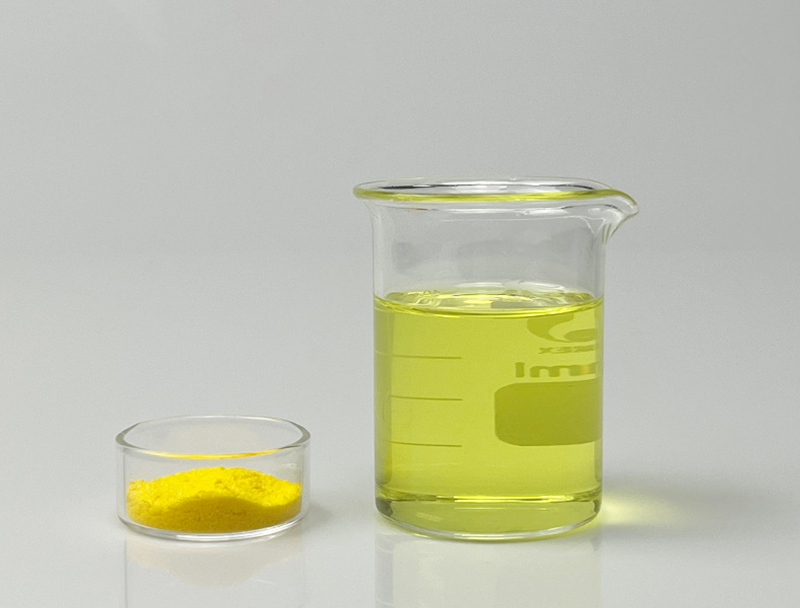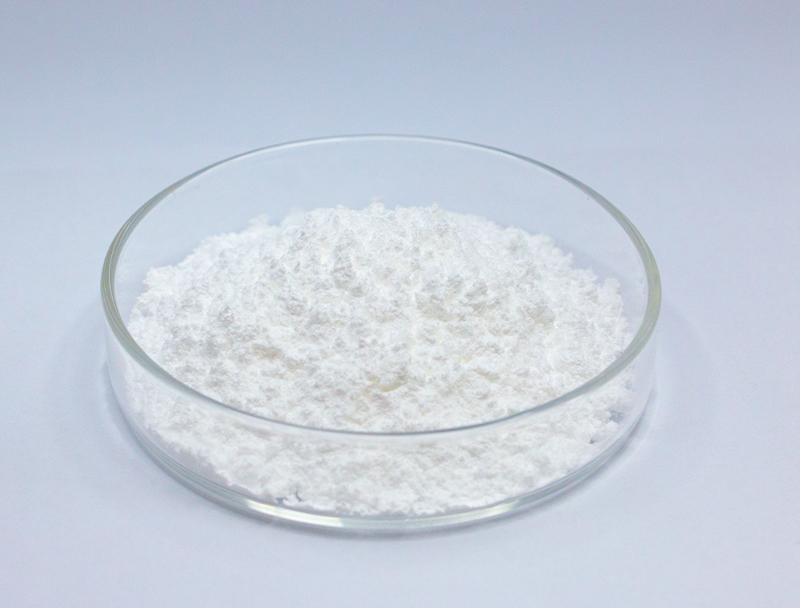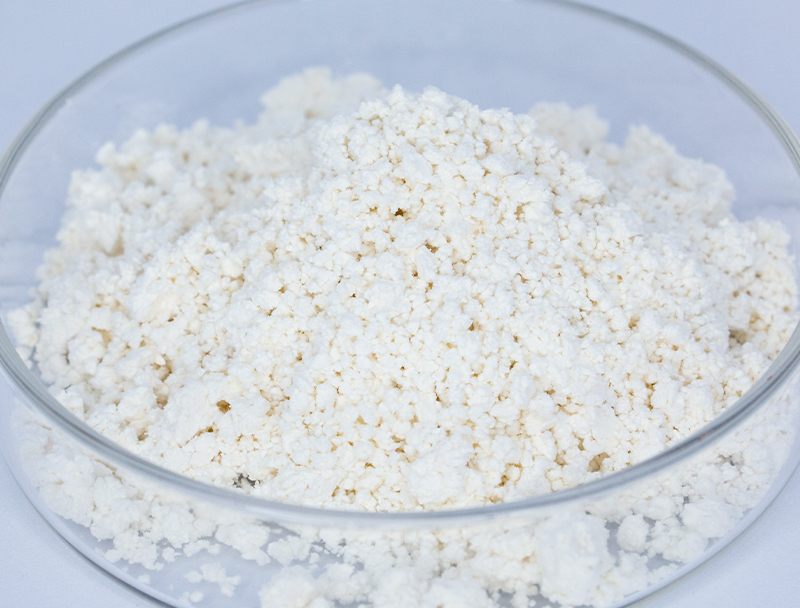
Cell-based production leans heavily upon a plentiful suite of biomass sources for generating cutting-edge biobased goods.
Preserving ethical acquisition of feedstocks is vital for future-proofing and moral progress in biomanufacturing.
numerous problems stemming from established sourcing methods such as soil erosion and unchecked resource extraction. Therefore, biomanufacturing companies must actively seek out alternative sourcing strategies to minimize their ecological footprint.
- Situations demonstrating ethical sourcing encompass:
- Employing waste-stream inputs from industry leftovers
- Operating reuse-focused platforms to lower discard and increase efficiency
- Working with community-based suppliers that follow ethical standards
The transition to greener sourcing offers both planet-friendly outcomes and business advantages.
Tuning Feedstock Characteristics for Higher Biofuel Efficiency
Increasing biofuel conversion efficiency is tied to feedstock composition and condition. Scientists are constantly exploring novel strategies to optimize these feedstocks, achieving increased output and long-term energy sustainability. Initiatives integrate bioengineering to scale biomass production and pretreatment workflows to free fermentable sugars.
- Additionally, researchers are focusing on identifying new sources of biomass, such as algae, waste products, agricultural residues, to expand the range of sustainable feedstocks available for biofuel production.
- With persistent development the field will likely demonstrate notable gains that foster a more sustainable energy system.

Optimizing Early-Stage Biomanufacturing Processes
comprises front-end procedures like culture expansion and cell retrieval New innovations across this area have produced enhanced manufacturing methods that boost yields.
Notable improvements feature new expression systems, refined media recipes, and automated reactor platforms. The improvements increase output while decreasing cost structures and sustainability impacts.
- Concurrently, continuous manufacturing approaches bring amplified flexibility and more consistent upstream outcomes.
- This transition to advanced manufacturing techniques is set to transform the sector and accelerate therapeutic timelines.

Molecular Editing Strategies to Increase Bioproduct Output
advances in genomic editing tools including CRISPR have transformed therapeutic manufacturing. Using precise gene interventions, engineers raise the output of key therapeutic proteins. This capability can unlock development of cost-efficient, high-performance biologics for many conditions.
Biodegradation Strategies Using Targeted Microbial Cultures
cutting-edge microbial approaches that remediate contamination sustainably. Specialized microbes can enzymatically degrade pollutants to reduced-toxicity products.. By harnessing this natural potential, we can develop environmentally friendly strategies for cleaning up contaminated sites and mitigating the negative impacts of industrial activities.. Scientists evaluate varied microbes for potential to remediate metal contaminants, pesticide compounds, and oil-derived pollutants.. Such organisms are usable in treatment systems or applied directly to soils and waters to drive biodegradation of contaminants..
Employing microbial strategies for remediation provides multiple benefits versus traditional techniques. Microbe-driven cleanup typically costs less and generates fewer dangerous byproducts. Likewise, microbial systems can selectively degrade contaminants while sparing the wider environment. The domain advances quickly, concentrating on raising reliability and performance of microbial cleanup methods.
Bioinformatics Tools Transforming Drug R&D
Data-driven bioinformatics is critical for modern pharmaceutical innovation. From target discovery through candidate optimization, bioinformatics facilitates streamlined, hypothesis-guided workflows.
- Through evaluating comprehensive genomic, proteomic, and clinical data, teams detect novel targets and predict drug action.
- Similarly, modeling drug–target interactions streamlines design of compounds with better efficacy and selectivity.
- In summary, bioinformatics overhauls pharmaceutical R&D and quickens the path to safe therapeutics for patients.
Metabolic Design Approaches to Boost Bioproduct Yields
integrates multiple methods to augment cellular production of target bioproducts. Strategies involve pathway refactoring by genetic modification, expression modulation for balanced flux, and grafting of novel genes to add capacity.. Through careful adjustment of metabolic routes engineers can markedly elevate product titers.
The multifaceted strategy promises to reshape sectors like biotech, agritech, and renewable fuel industries.

From Lab to Plant: Challenges and Opportunities in Biomanufacturing Scale-Up
Expanding production volumes poses difficult barriers yet offers substantial opportunities. Ensuring product consistency at larger manufacturing scales represents a major hurdle. This requires robust process control, precise monitoring, and sophisticated analytical techniques.

Additional complexity arises because biopharma production entails many coordinated stages.. Adapting protocols for industrial scale requires considerable development work and engineering advances.. Still, the gains can be meaningful. Successful industrialization can broaden availability, trim costs, and raise profitability.
Various efforts target the core issues of industrialization. Examples include novel optimization technologies, predictive analytics for real-time control, and inventive production models.
- Ongoing innovation drives improvements in industrial production capability.
- Oversight institutions are updating guidelines to ease approval of manufacturing advances and catalyze innovation.
Regulatory Considerations to Maintain Biopharmaceutical Safety and Performance
The development of biopharmaceuticals is a complex process that requires stringent regulatory oversight to ensure both patient safety and product efficacy. Biopharmaceuticals, often derived from biological sources, present unique challenges compared to traditional medications.
Agencies such as the FDA in the United States and the EMA in Europe play a crucial role in establishing guidelines and standards for the approval of these innovative therapies..
Extensive evaluation procedures trans-Cinnamic acid are essential across development phases, spanning preclinical work to post-market checks.. These steps are designed to surface risks and verify that biopharmaceuticals comply with elevated safety thresholds..
In addition, regulatory entities adapt their frameworks to stay current with rapid research and technological developments.. Efforts comprise integrating cutting-edge tools and easing development pathways while upholding patient safety.

Exploring the Potential of Plant-Based Biomass Feedstocks in Bioplastics
The trend toward sustainability stimulates development of renewable material technologies. Using plant feedstocks to make bioplastics gives a promising direction for sustainable material development. Materials such as starch from corn, cellulose pulp, and sugarcane biomass are convertible into biodegradable polymers that lower plastic waste concerns.
Similarly, selected bioplastics offer analogous properties to traditional plastics suitable for many applications.. Continued research and innovation in this field are crucial to unlocking the full potential of plant-based biomass feedstocks in the manufacture of sustainable bioplastics, paving the way for a circular economy.
This Emerging Impact on Public Health and Food Systems
Advanced biotech approaches can reshape healthcare delivery and enhance agricultural resilience. Via genetic modification, synthetic design, and therapeutic cell technologies, researchers build solutions to control infections, increase crop productivity, and enrich food quality.. Consider genetically enhanced crops that resist pests and environmental stresses to improve production and reduce pesticide reliance.. Additionally, biotech enables faster vaccine development, novel antimicrobials, and precise diagnostics critical to infectious disease control and health improvement.. With persistent development, biotech stands to offer transformative solutions for global health and long-term food security.
